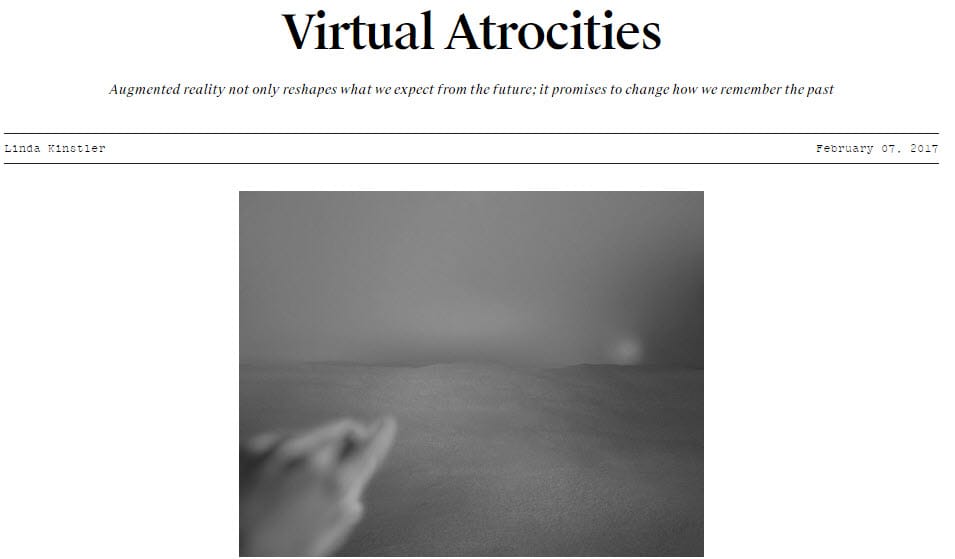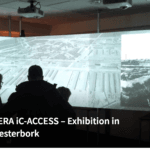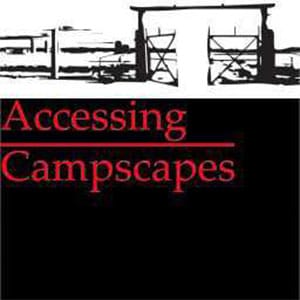Virtual Atrocities. by Linda Kinstler
The article explores the challenges and ethical concerns surrounding the use of virtual and augmented reality (VR/AR) in memorializing historical atrocities, particularly the Holocaust. Psychologist Paul Verschure’s visit to Bergen-Belsen revealed a lack of remembrance, prompting him to create immersive technologies aimed at enhancing historical awareness. His Future Memory Foundation aims to digitally reconstruct sites like Bergen-Belsen to provide visitors with a deeper understanding of the past.
While VR has the potential to engage audiences and foster empathy, critics warn it may risk trivializing trauma or misrepresenting history. Projects like the Bavarian Landeskriminalamt’s VR model of Auschwitz raise questions about perspective—should we allow users to experience the viewpoints of victims and perpetrators alike? The balance between educational intent and ethical responsibility is delicate, as technology can sometimes commodify suffering, leading to a “gamification” of history.
As VR technology evolves, historians emphasize the importance of grounding these experiences in authentic narratives while addressing moral implications. Overall, the article highlights the need for careful consideration in how we remember and represent past atrocities through emerging technologies.
“Augmented reality not only reshapes what we expect from the future; it promises to change how we remember the past”











